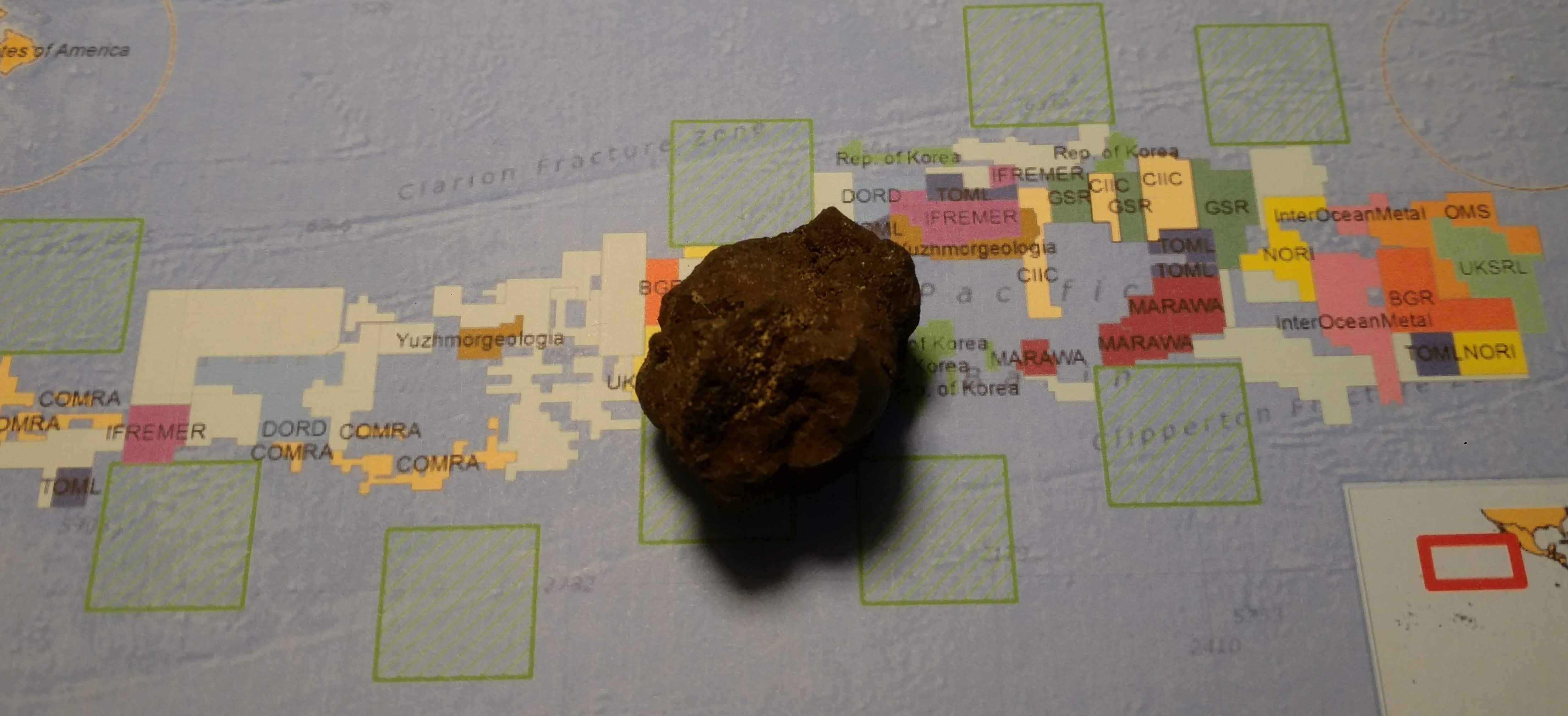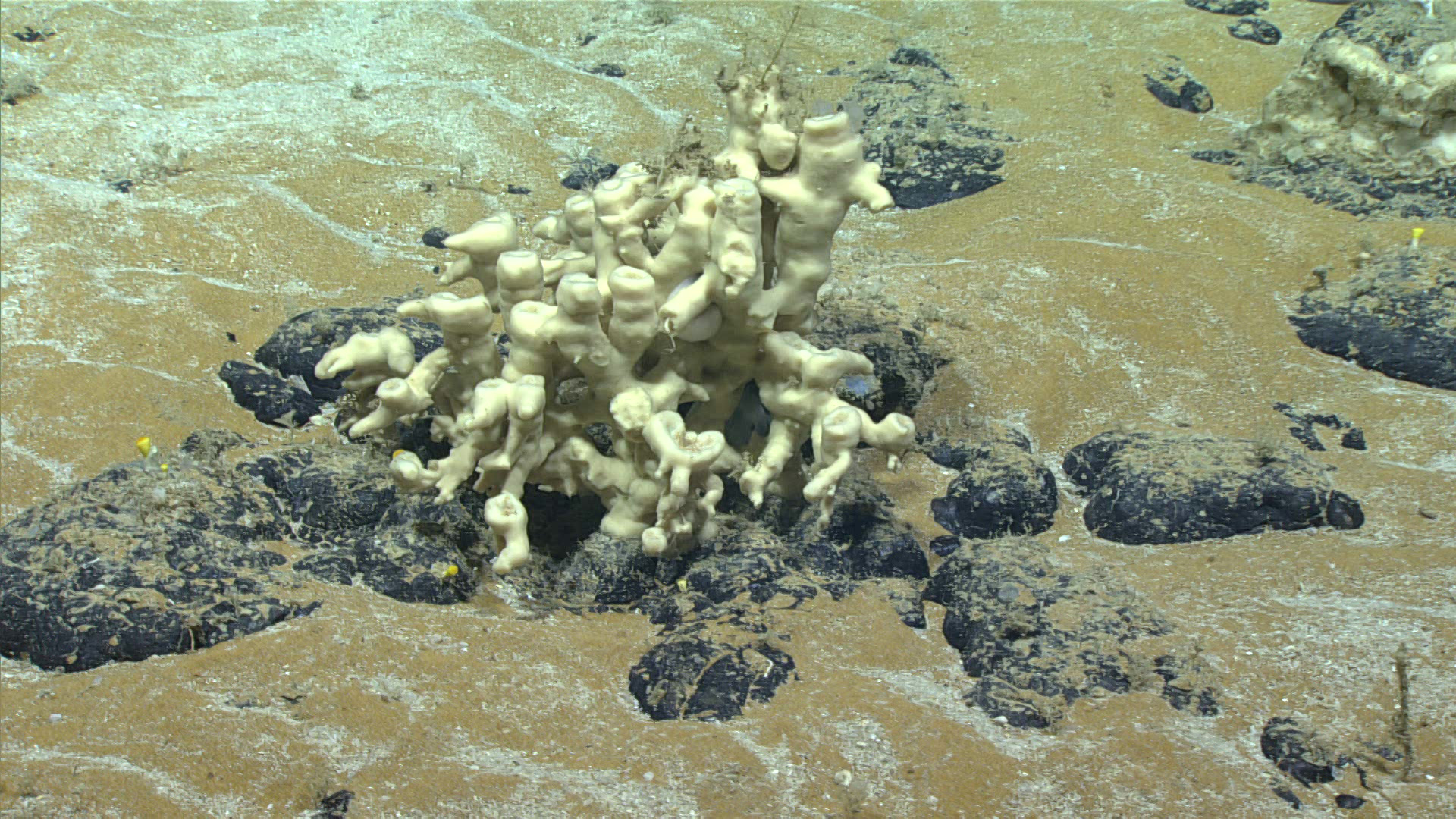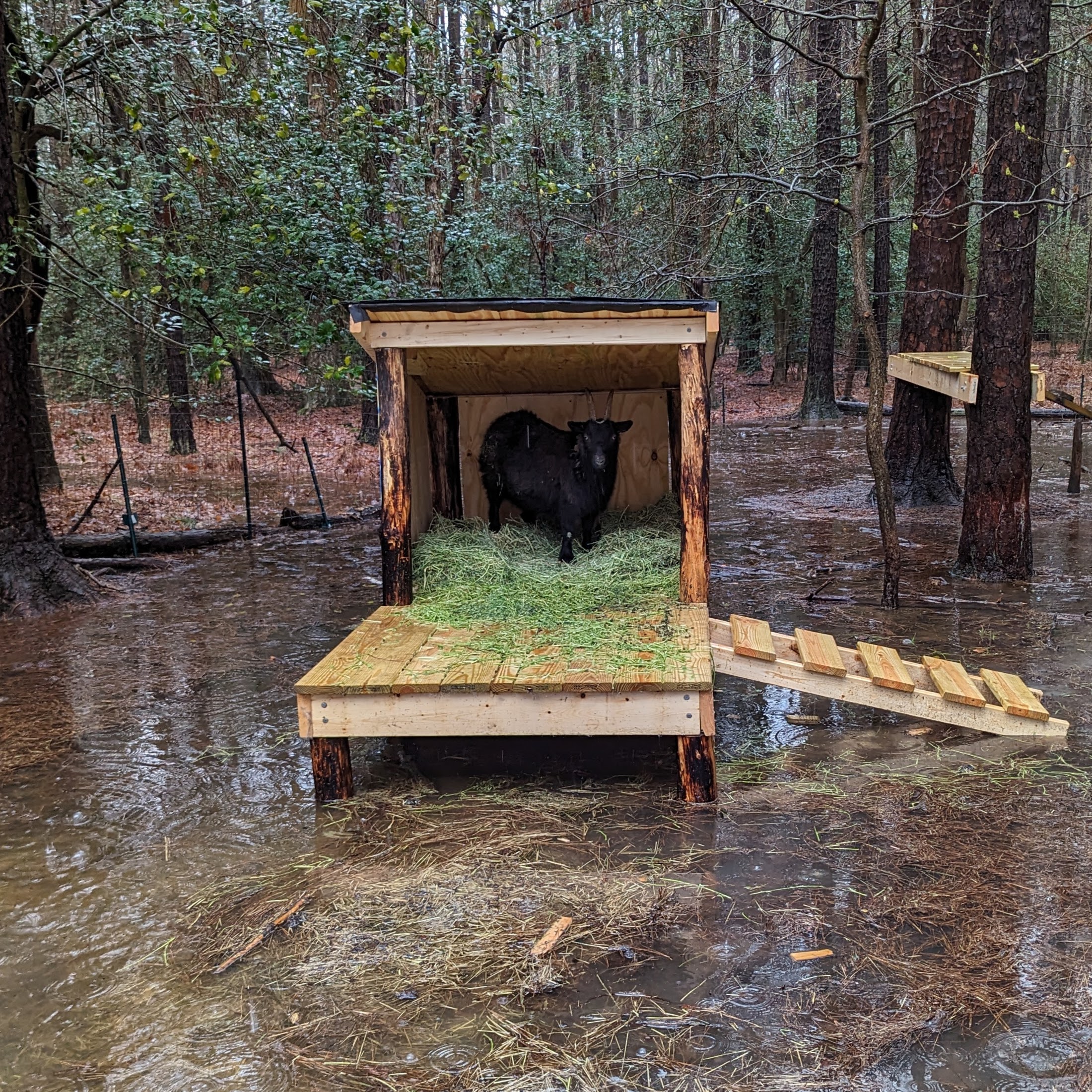In a little over 2 week, the International Seabed Authority will once again convene in Kingston, Jamaica to continue the 30-year process of establishing a regulatory regime for mining the minerals of the deep sea beyond the borders of any nation. This deep-sea mining negotiation is the most important meeting for not only the future of the world’s oceans, but the future of resource extraction beyond national boundaries. The mining code, once ratified, will set the precedent for future resource exploitation, both terrestrial and celestial.
The current Secretary-General of the ISA Secretariat, the administrative body which oversees the negotiations, reviews applications for exploration and (eventually) exploitation, and enforces the Mining Code, is up for re-election. The current Secretary-General, Michael Lodge, was elected in 2016 and re-elected in 2020 through a silence procedure during the height of the Coronavirus pandemic. That silence procedure, and it’s application to issues that it was not intended for, including the election of Secretary-General, was criticized by stakeholders and delegations.
Two notable events happened at the Spring meeting of the ISA: Brazil nominated Leticia Carvalho to replace the current Secretary-General Michael Lodge and no nomination was advanced for Lodge. Historically, the ISA Secretary-General is nominated by their home country. For Lodge, this would have been the United Kingdom, but the UK, having dramatically shifted its stance towards deep-sea mining, declined to nominated the notoriously pro-mining Lodge.
Lodge’s nomination was eventually advanced, intercessionally, by the Republic of Kiribati.
Yesterday, the New York Times reported that Lodge may had engaged in improper and possibly corrupt actions to secure his re-appointment. The article asserts that Lodge has misappropriated ISA fund to use for the purposes of campaigning. Lodge has faced accusations of misuse of ISA funds and improperly influencing stakeholders in the past, as well as overseeing a toxic workplace environment. Yet more concerning is the accusation that Lodge’s supporters attempted to bribe Carvalho by promising the candidate a high level position within the ISA Secretariat is she were to drop out of the race.
The I-Kiribati ambassador, Teburoro Tito, who advanced the proposal confirmed it directly to the New York Times, stating that Lodge had signed off on the offer as a way to bypass the election and secure Lodge’s appointment. Lodge, unsurprisingly, denied the allegation.
Read an interview with Leticia Carvalho in MongaBay: ‘Trust needs to be rebuilt’: Interview with candidate to head U.N. seabed-mining authority
Southern Fried Science is free and ad-free. Southern Fried Science and the OpenCTD project are supported by funding from our Patreon Subscribers. If you value these resources, please consider contributing a few dollars to help keep the servers running and the coffee flowing. We have stickers.


